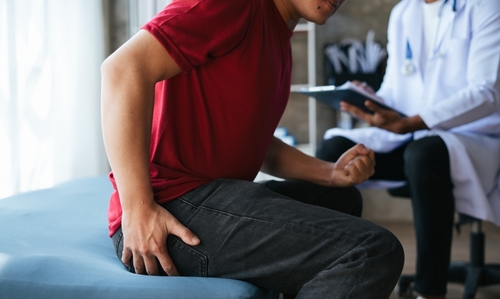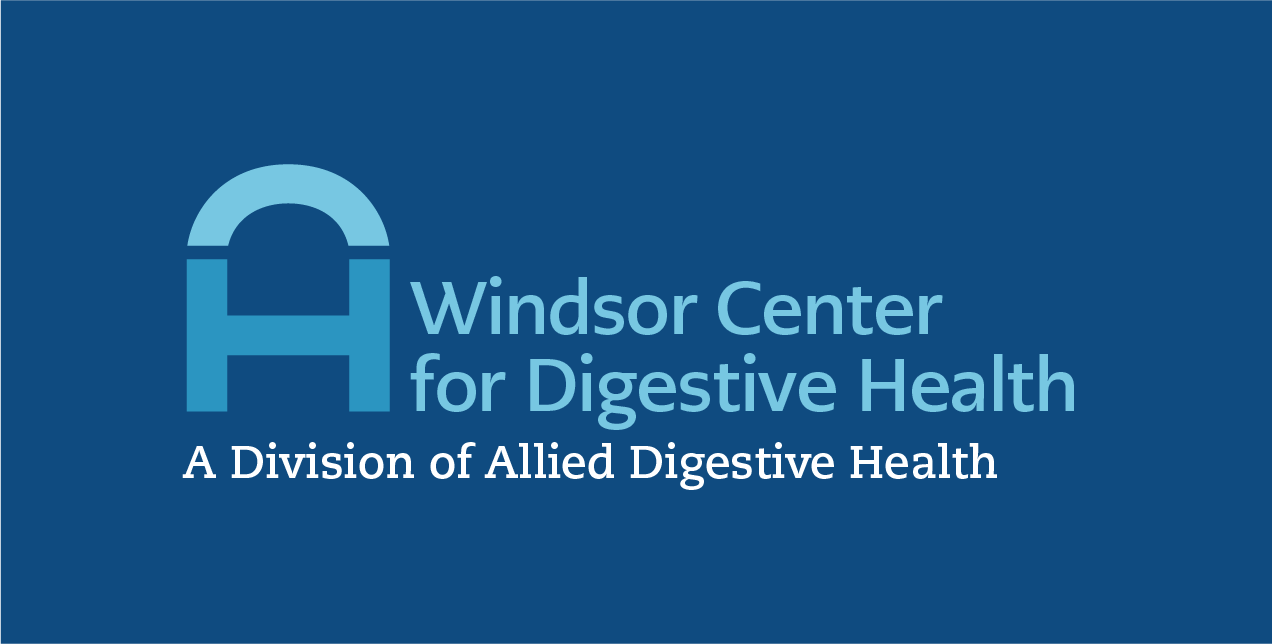What Happens if Hemorrhoids Are Left Untreated?

What Are Hemorrhoids?
Hemorrhoids are swollen veins located in the lower rectum or around the anal opening, often resulting in pain and discomfort. They are classified into two main types of hemorrhoids: internal hemorrhoids, which form inside the rectum, and external hemorrhoids, which develop under the skin around the anus. Hemorrhoid symptoms can vary widely, with the most common being rectal bleeding, itching, and swelling. Understanding the nature of hemorrhoids is the first step to managing or preventing them effectively.
Common Causes and Risk Factors
Hemorrhoids can develop due to various factors. Straining during bowel movements is one of the primary causes, as it puts increased pressure on the veins in the rectum and anus. Other risks include pregnancy, chronic constipation, prolonged sitting, and obesity, all of which can contribute to the development of a prolapsed hemorrhoid or an external hemorrhoid. Genetics may also play a role in making some individuals more prone to hemorrhoids.
Early Symptoms You Shouldn’t Ignore
Internal hemorrhoids, which occur inside the rectum, are often painless but can cause discomfort in other ways. One of the most common symptoms is rectal bleeding, often noticed as bright red blood on toilet paper or in the stool. Some individuals may experience a sensation of incomplete bowel movements or the presence of a soft, bulging protrusion outside the anus, which might temporarily recede on its own. Although internal hemorrhoids are not typically painful, they can become more problematic if they prolapse outside the anal opening, leading to irritation or discomfort.
External hemorrhoids, on the other hand, develop under the skin around the anus and are more likely to cause noticeable symptoms. They can result in pain, itching, and swelling in the affected area. Sometimes, a hard lump near the anus may indicate a thrombosed external hemorrhoid, which occurs when a blood clot forms within the hemorrhoid. This type can be particularly painful and may require medical intervention for relief. Proper diagnosis and treatment are essential for effectively managing hemorrhoid symptoms and preventing potential complications.
Potential Complications of Untreated Hemorrhoids
When hemorrhoids are left untreated, they can lead to more serious issues. A prolapsed hemorrhoid may worsen over time, causing intense pain and discomfort. Additionally, blood clots, especially in external hemorrhoids, can result in significant swelling and tenderness. More severely, rectal bleeding could mask conditions like colon cancer, making it crucial to address symptoms promptly. Chronic cases may also significantly impact the quality of life if not properly managed.
When Hemorrhoids Become a Chronic Issue
Chronic hemorrhoids can develop when recurring episodes are not thoroughly treated. Persistent straining during bowel movements or ongoing irritation in the area can aggravate the condition. Chronic cases are more likely to result in complications like infection, persistent pain, or significant prolapse. Maintaining awareness of hemorrhoid symptoms and consistent use of effective treatments can help prevent these long-term issues.
Treatment Options to Prevent Long-Term Problems
Fortunately, there are several treatment options for managing hemorrhoids and preventing long-term issues. Home remedies such as sitz baths, over-the-counter creams, and dietary adjustments can provide relief for mild symptoms. For more severe cases, medical treatments for hemorrhoids include rubber band ligation, sclerotherapy, or surgical intervention. These treatments are designed to resolve symptoms efficiently, particularly for cases involving a prolapsed or internal hemorrhoid. Consistently addressing the issue early is key to avoiding chronic pain and discomfort.
When To Talk to Your Doctor
While many hemorrhoids improve with home treatments, it’s essential to consult a doctor if symptoms persist or worsen. Persistent rectal bleeding, severe pain, or the presence of a blood clot could indicate a need for more advanced care. Additionally, rectal bleeding should always be evaluated to rule out more serious conditions, such as colon cancer. Seeking timely medical advice from the professionals at Allied Digestive Health ensures that hemorrhoids are effectively managed and prevents complications from escalating.
Footer
© All Rights Reserved


